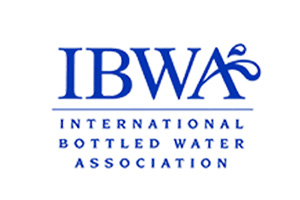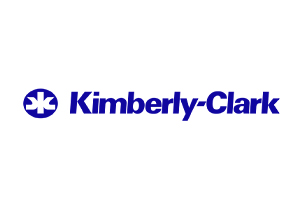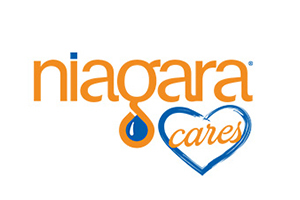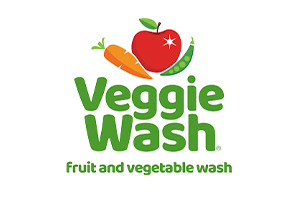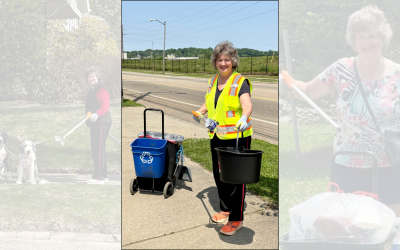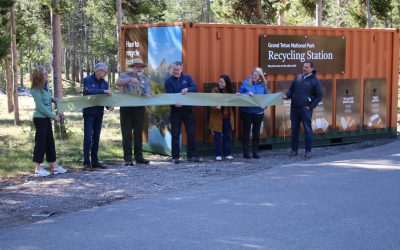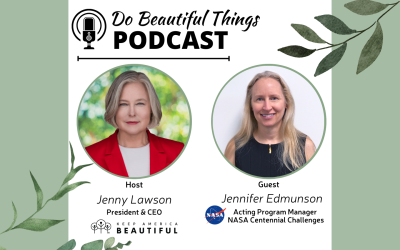Get Ready to Celebrate
America Recycles Day!
Small actions can lead to big impact! Each year on November 15, millions of Americans come together for America Recycles Day – a day all about spreading the word on how recycling helps us reduce waste, save energy, and conserve precious resources.


How You Can Join the Fun
America Recycles Day isn’t just a one-day thing – it’s a chance to look at your recycling habits and make some awesome changes that will last. Here’s how you can get involved:
Test Your Recycling Smarts!
Find out if you’re a recycling whiz or if there’s still some eco-friendly wisdom to pick up by taking our interactive quiz. You might be surprised by what’s recyclable (and what’s not)!
Recycle Your Way to a Cleaner America
Jump into action with the Greatest American Cleanup and make recycling part of your mission. It’s not just about cleaning up litter – it’s about making sure those materials get a second life and don’t end up in a landfill.
Stay Connected with Keep America Beautiful!
Motivated to do more than recycling? Sign up for our emails and get the latest tips, inspiring stories, and ways to get involved. Be the first to hear about how we can all work together to do beautiful things.

What is America Recycles Day?
America Recycles Day, brought to you by Keep America Beautiful, is the only nationally recognized day that’s all about recycling! It’s a time to learn, get inspired, and take action. Whether at home, school, or work, we can all pitch in to recycle more and waste less.
From plastic bottles and aluminum cans to paper and electronics – recycling helps keep tons of materials out of landfills, saves natural resources, and reduces pollution. And who wouldn’t want to be part of that?
SAVE THE DATE! November 15th
ONE DAY to Educate.
ONE DAY to Motivate.
ONE DAY to Make Recycling Bigger & Better.
Take Action Now
Affiliate Network
Individual Action Center
Partners for Change
Akron Woman Removes 1 Million Pieces of Litter from City Streets
Discover how Debbie Miller turned a tragic accident into a city-wide movement, transforming Akron one piece of litter at a time.
Recycling Just Got Easier at Grand Teton National Park
Newly installed recycling station, fishing line bins, and cigarette receptacles help reduce litter and encourage recycling.
NASA LunaRecycle Challenge: Exploring Space Sustainability
Discover how NASA’s LunaRecycle Challenge is revolutionizing recycling for space missions. Hear more on the “Do Beautiful Things” podcast.
Recycling reality check quiz
Have you taken the Recycling Reality Check Quiz yet? Test your knowledge today!
Thanks to our 2024 America Recycles National Sponsors:



